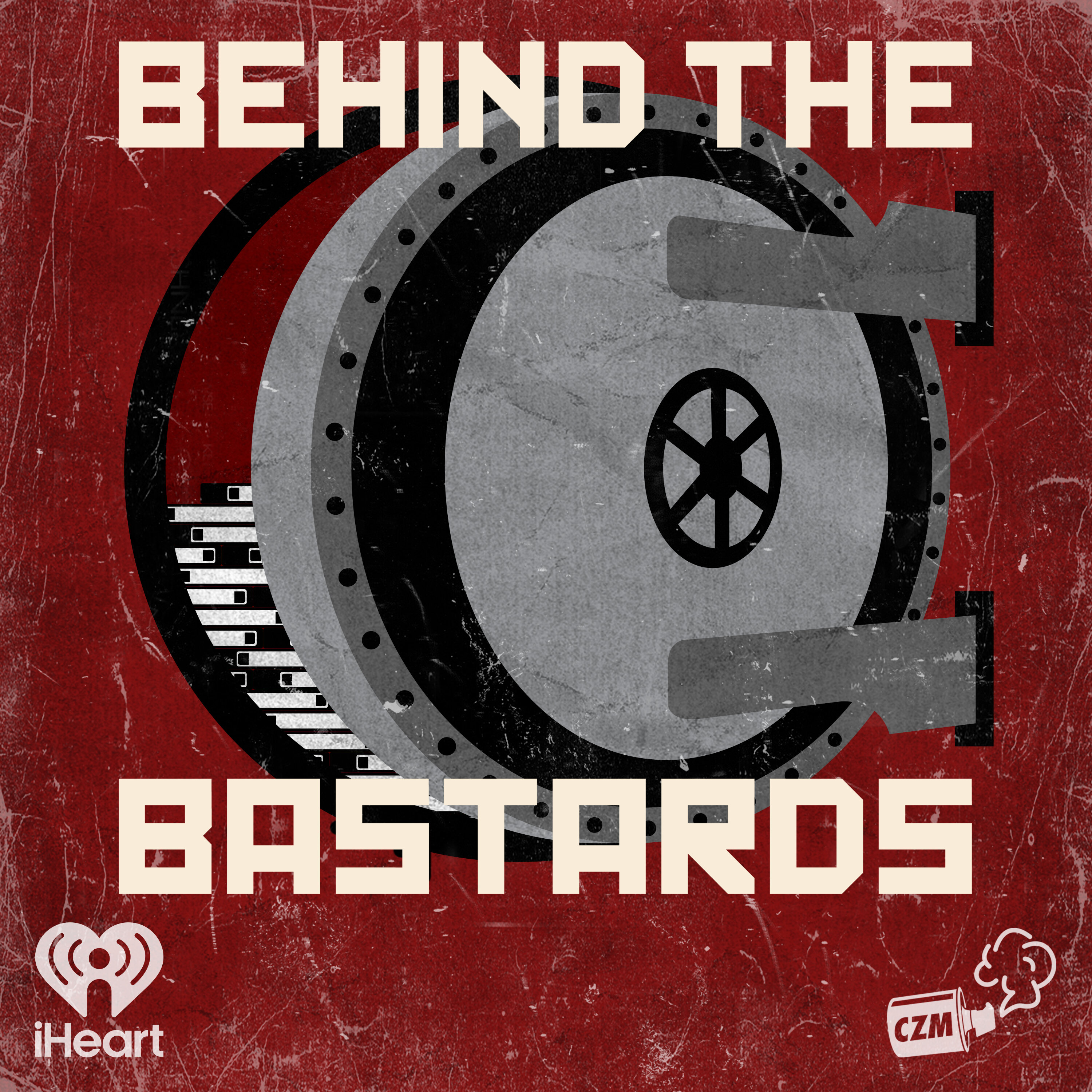Chapter

The Role of Indigenous Practices in the Liberian Civil War
The indigenous practices in Liberia had little to do with the atrocities committed during the civil war. The militants on Charles Taylor's side utilized the beliefs and practices to gain power and benefit themselves, rather than for any true religious purposes.
Clips
Charles Taylor, in his bid to overthrow the Liberian president, formed an alliance with Libyan dictator Momar Gaddafi who trained and provided militants for Taylor's army.
1:08:31 - 1:11:20 (02:48)
Summary
Charles Taylor, in his bid to overthrow the Liberian president, formed an alliance with Libyan dictator Momar Gaddafi who trained and provided militants for Taylor's army.
ChapterThe Role of Indigenous Practices in the Liberian Civil War
EpisodePart One: General Butt-Naked and the Liberian Civil War
PodcastBehind the Bastards
The Liberian Civil War was characterized by children and young people, often dressed in bizarre fancy dress, who were locally recruited and handed guns and fortified by alcohol and cheaply sourced Chinese amphetamines, known colloquially as bubbles.
1:11:20 - 1:13:14 (01:54)
Summary
The Liberian Civil War was characterized by children and young people, often dressed in bizarre fancy dress, who were locally recruited and handed guns and fortified by alcohol and cheaply sourced Chinese amphetamines, known colloquially as bubbles.
ChapterThe Role of Indigenous Practices in the Liberian Civil War
EpisodePart One: General Butt-Naked and the Liberian Civil War
PodcastBehind the Bastards
This podcast discusses how the indigenous practices in Liberia during the civil war were distorted and ultimately used as a means of gaining power and committing violence.
1:13:14 - 1:15:09 (01:55)
Summary
This podcast discusses how the indigenous practices in Liberia during the civil war were distorted and ultimately used as a means of gaining power and committing violence.